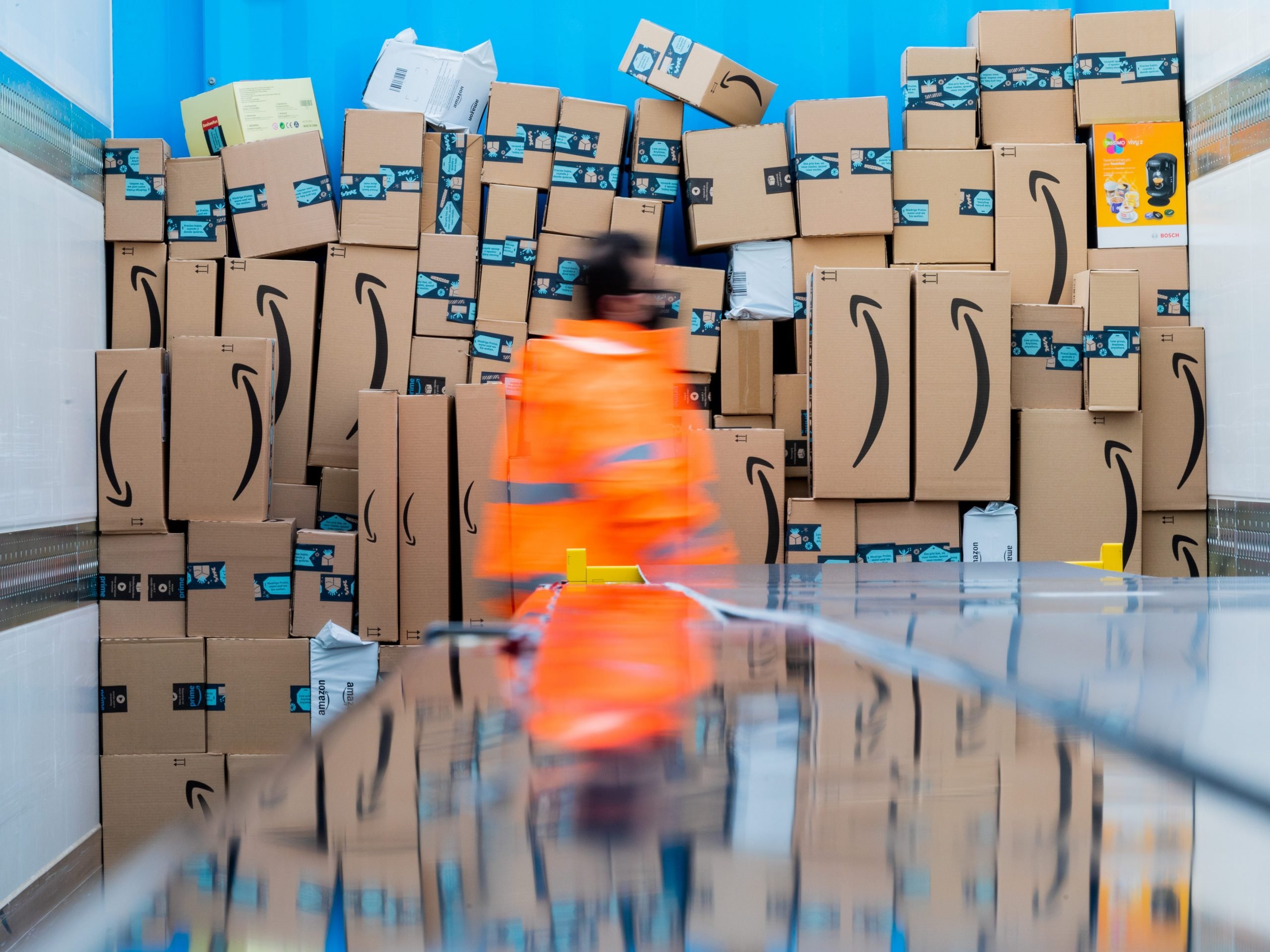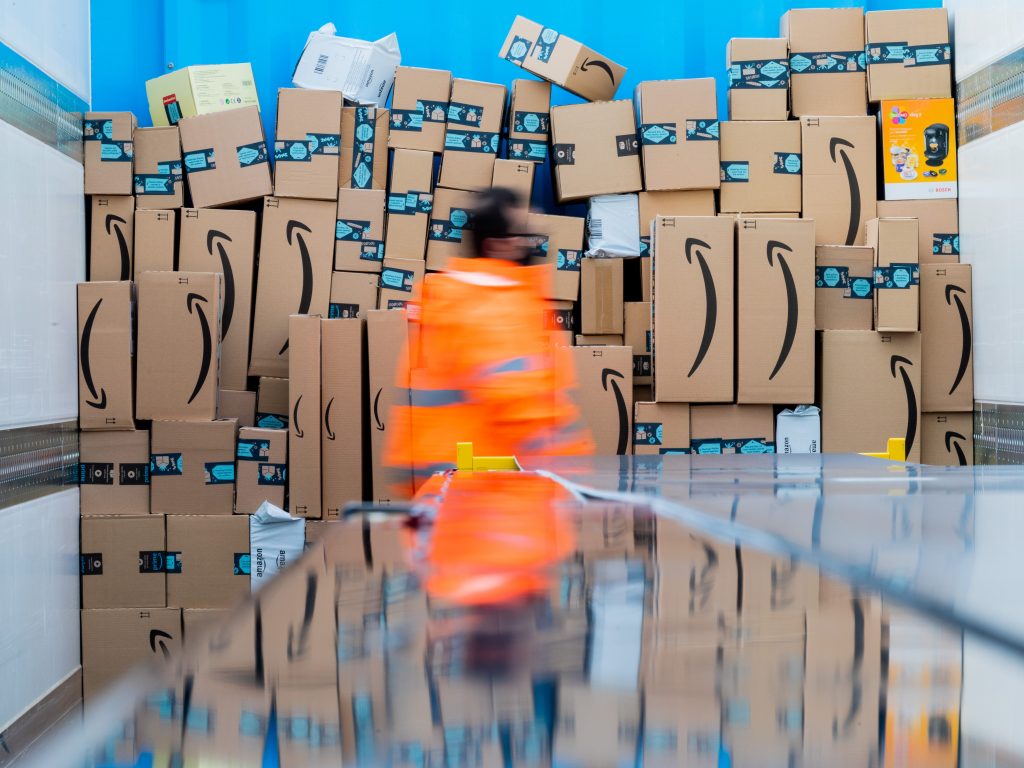
Rolf Vennenbernd/picture alliance via Getty Images
- ROX Financial wants to buy a Bay Area Amazon warehouse and take it public.
- It wants to buy up more facilities in the future to also lease to the e-commerce giant.
- The move shows how contractors can piggyback off of Amazon's success – only if they're loyal to the firm.
- See more stories on Insider's business page.
A company wants to buy a warehouse that is leased to Amazon and take it public under the ticker AMZL, according to a securities filing, possibly making it the first company with a single property to publicly trade in the US.
Newly-formed ROX Financial hopes to raise $84 million as it forms a real-estate investment trust, or REIT, to purchase the 146,000-square-foot warehouse in the San Francisco Bay Area from its current owner. That warehouse was built last year to carry out last-mile delivery orders for customers and houses some of Amazon's signature blue and grey delivery vans.
The warehouse is leased to Amazon for 12 years under its current owner, according to The Wall Street Journal, which first reported the news. It's unclear if the warehouse is solely leased to Amazon. An industry trade association source told the paper that a real estate company with just one property has never publicly traded in the US before.
ROX Financial plans to use its IPO to expand its real estate portfolio with more warehouses to lease to Amazon.
"We intend to build Series AMZL into a curated portfolio of logistics properties in one or more locations leased by Amazon.com Services LLC, or Amazon, or its affiliates," its prospectus says.
Amazon did not immediately respond to Insider's request for comment.
But that single property is used to help power Amazon's sprawling e-commerce business, giving the property owner a major advantage.
And if ROX Financial succeeds in collecting facilities that are leased exclusively to Amazon, it could prove that loyalty to the tech giant could fuel contractors' success.
Amazon has seen sweeping success in the past year as the pandemic drove sales skyward. That success has helped grow an entire mini-economy of contractors that circulates the e-commerce giant, from third-party sellers to trucking companies to other logistics partners.
Third-party sellers raked in more than half of Amazon's $386 billion net sales in 2020, and the company is recruiting more. It's adding 3,700 new sellers daily, according to a study from research firm Finbold, suggesting that Amazon is aware that independent merchants can help it succeed.

